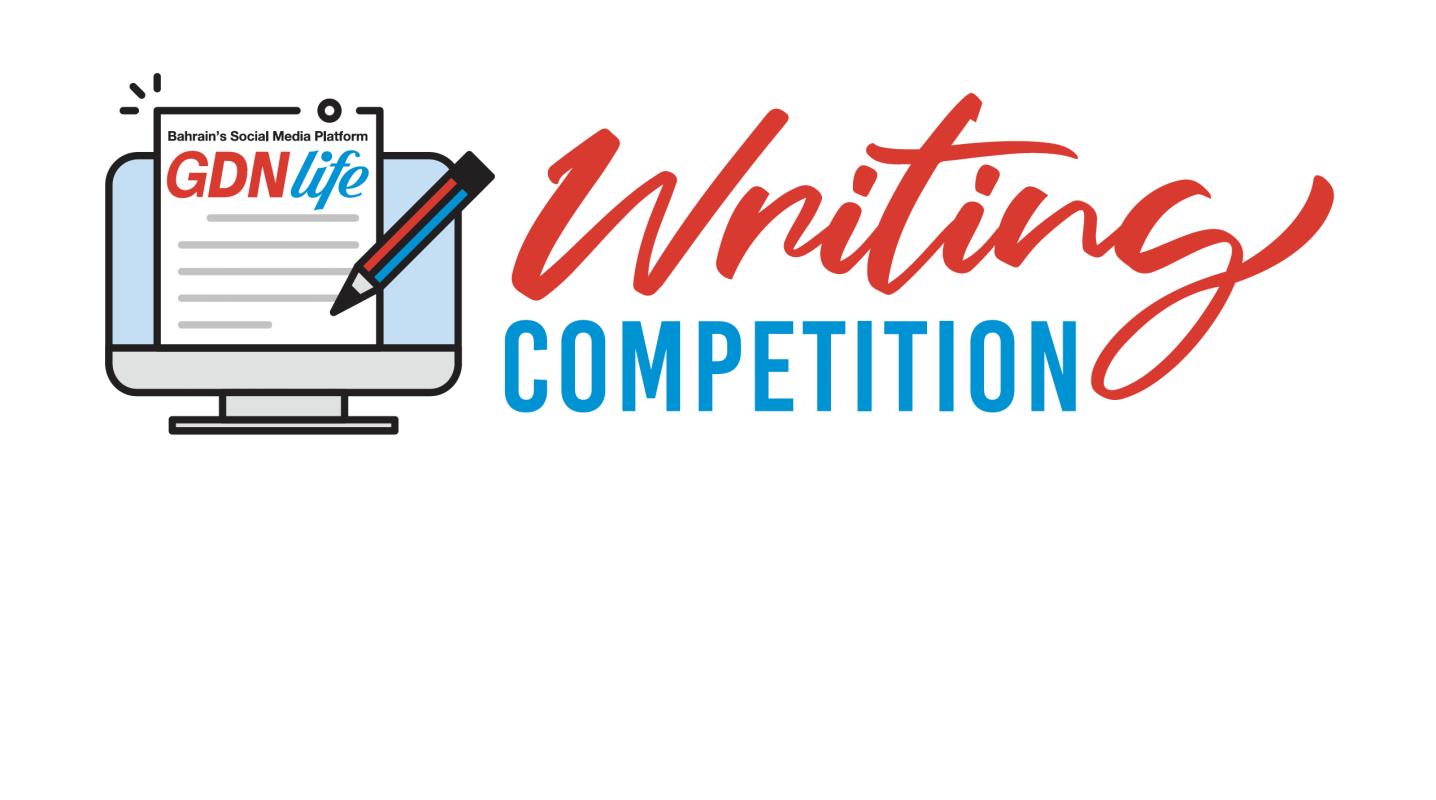
To progress and succeed, humans constantly seek information and knowledge.
There is, however, a great gap between theory and reality, and there are also nagging doubts about what could be relevant and how and when best to apply that knowledge.
Experience is a great, but slow and expensive teacher. Its greatest drawback is that it rarely helps the experiencer. However, if the experience is well articulated and shared, it can help others to achieve success and avoid pitfalls.
Smart people and organisations learn from the experiences of others. While reading, listening and studying others is very helpful, nothing is more impactful than having a good mentor.
A mentor is experienced and can transmit useful learning, guidance and inspiration to the protégé. A protégé is an individual or group that gets mentored. The mentor brings inspiration and the relevant wisdom from the past to fruition for the protégé who represents the future.
It's logical to seek successful people as mentors. However, a mentor who has also experienced setbacks is usually more impactful than one who has only tasted success. Success tends to inflate the ego of individuals, organisations and societies, but failure compels introspection, learning and awakening.
Being usually older, more experienced and confident, the mentor can, without even trying, overwhelm the protégé. Therefore, the mentor has to adopt the following approach towards the protégé.
Like a father but without the patronising or dominating.
A gentle and constant nudging like a mother, but without the nagging.
Like the honest opinion of a spouse, but without the jarring bluntness.
Build the confidence of a friendship, but without the familiarity.
preprocess
Having often mentored and been mentored by many, I have discovered that mentoring is always challenging. However, it can also be both a satisfying and rewarding experience.
The greatest challenge in mentoring is avoiding what I call 'Dependency Pitfall', where the protégé becomes excessively dependent on the mentor, almost like a crutch. This cannot be good for the growth and development of the protégé.
A mentor is like a booster rocket carrying a spacecraft, which must be jettisoned after achieving its limited objective.
Better still is to consider the mentor as a pregnant mother, who has to relieve her charge at the right time. Failure to do so can be toxic for the mentor, protégé, and the relationship.
The mentor's task is to advise, guide and inspire the protégé, and at the right time, the mentor must, let go.
The mentor-protégé relationship may end, but it carries the seed for blossoms of something more friendly and familial. I have pleasantly discovered another secret of life. If the mentoring is done right, then one day the protégé returns as an 'Avatar' to guide the mentor.






































































